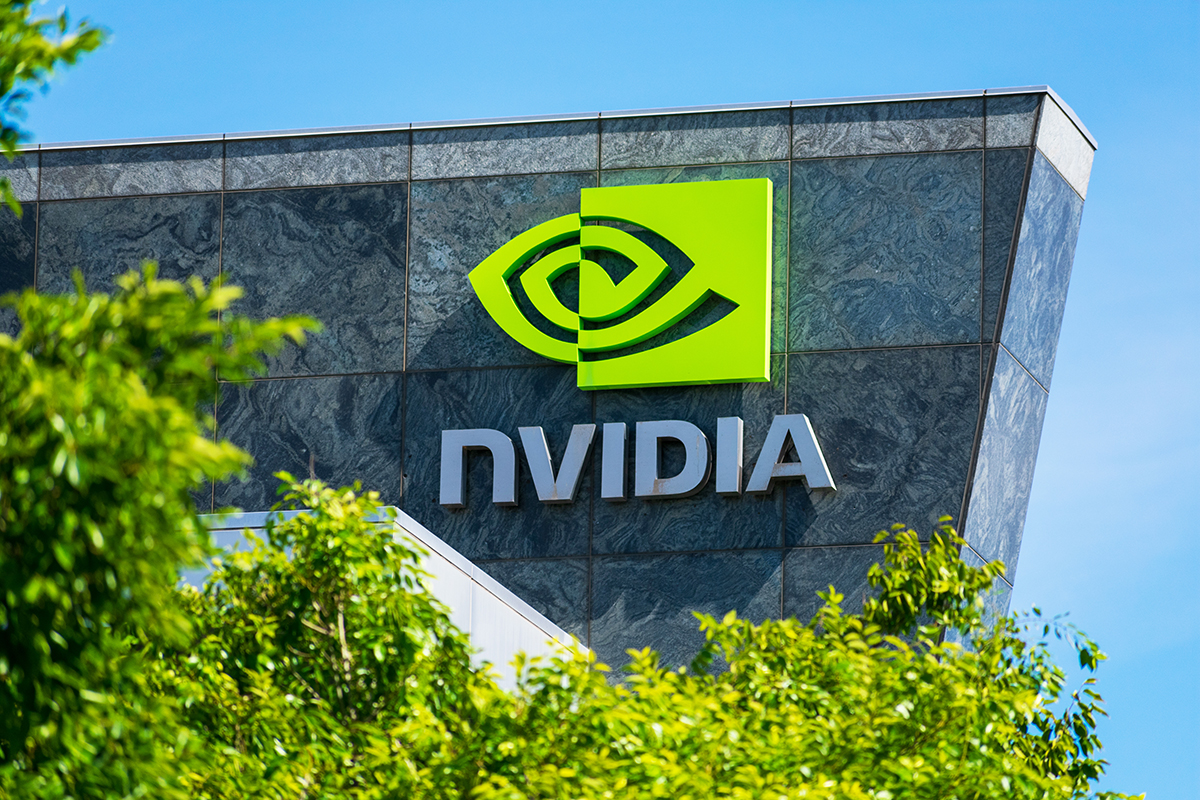Nvidia, a technological powerhouse, has announced record-breaking sales, more than doubling due to the surging demand for its AI-focused chips. The firm recorded revenues exceeding $13.5bn (£10.6bn) in the quarter ending June.
Furthermore, the company is optimistic about the current quarter and has expressed plans to repurchase $25bn of its shares. In the aftermath of this announcement, Nvidia’s stock climbed over 6.5% in after-hours trading in New York, building on its impressive growth this year.
The company projects a staggering $16bn revenue for the quarter ending September, signalling a potential 170% growth year-over-year. This projection significantly outpaces Wall Street’s anticipated figures.
Jensen Huang, Nvidia’s CEO, mentioned, “The dawn of a new computing epoch is here,” emphasizing the global shift from general-purpose computing to specialized accelerated computing and generative AI.
One of the significant contributors to this performance surge is Nvidia’s data centre segment, encompassing its AI chips. The revenue for this sector was over $10.3bn, marking a 170% uptick from the previous year. This increase is attributed to both cloud computing providers and major internet companies investing in Nvidia’s advanced processors.
In a landmark achievement, Nvidia’s market capitalization has surpassed $1 trillion this year, making it the fifth U.S. publicly traded company to enter the prestigious “Trillion dollar club”, in the company of tech giants like Apple, Microsoft, Alphabet, and Amazon.
Sarah Kunst from Cleo Capital shared her intrigue with the BBC regarding the burgeoning excitement around Nvidia, stating that the chipmaker’s recent rise to prominence is particularly interesting given its long history in the industry.
Once primarily recognized for its graphics-processing chips catering to gamers, Nvidia now stands as a behemoth in the AI sector. Reports suggest the company dominates with a staggering 95% market share in machine learning.
Worth noting, ChatGPT, known for its near-human conversational abilities, was developed utilizing 10,000 of Nvidia’s GPUs, all integrated within a Microsoft-owned supercomputer.
As the AI sector continues its rapid evolution, it is clear that products fueled by this technology will revolutionize our interactions with computers and their integral roles in our daily lives.
In an era increasingly dominated by technology, Nvidia’s meteoric rise underscores the transformative power of AI. As the demand for AI chips continues to skyrocket, Nvidia’s pioneering role in reshaping the tech landscape is indisputable. As we venture further into this AI-driven epoch, companies like Nvidia will be at the forefront, guiding both industries and individuals toward an interconnected, intelligent future.







